New conferences format bewilders student body
Mixed feelings over student-led conferences
History teacher Jeffrey Cohen assists student Ford Marciniak in filling out forms for student-led conferences. Student facilitated conferences will be held the week of Nov. 15.
November 16, 2021
Hoping for more student-initiated activities, psychology teacher Greg Goddard was pleased to hear about the new conference format — student-led conferences. Goddard said trying out the new model will be a first-time experience for both teachers and students.
“There’s a movement in our school to try to move towards more student involvement and voice and engagement and autonomy,” Goddard said. “To encourage students to take hold of their own academic progress and taking responsibility for that.”
Student-driven conferences will not include individual teacher feedback. Rather, the Park Connections adviser will facilitate the one-on-one meeting. This format advertises the new trend at Park, which promotes student involvement in their personal and academic progress.
Junior Keira Trill said she sees the new format as an unconventional twist that is bound for disaster.
“The students already know what kind of grades they’re getting because of Powerschool,”Trill said. “It’s pointless to go over it again only with the Connections teacher, because in order to improve, we’d actually need to talk to each teacher individually.”
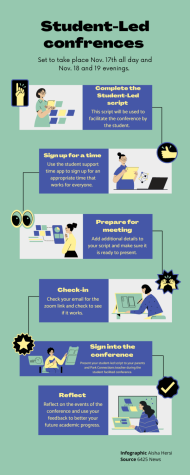 Experimenting this format is a chance worth taking, Goddard said.
Experimenting this format is a chance worth taking, Goddard said.
“It makes sense that we explore this new format. I can’t say this is the way we do it indefinitely but I think it’s worth piloting,” Goddard said.
According to sophomore Carys Raymond, student-led conferences place too much trust on students, who can easily lie about their study habits and academics.
“People can say whatever they want and no one can disagree because it’s student-led,” Raymond said. “It’s not very accurate because you can twist it however you want.”
Goddard said there may be disparity in the feedback parents receive from their children because of the lack of individual feedback from each teacher.
“I do think there may be a gap in what the teacher could give as feedback as to what they are seeing in classes,” Goddard said.
Forcing students to facilitate conferences is not fair to Park Connections teachers, according to Raymond.
“(Teachers) have to go along with what we say. If they have someone who they know isn’t doing very well, they can’t talk about that unless the parents bring it up,” Raymond said.
The aim of this new format, according to Goddard, is to see how things proceed and reflect on the outcome.
“See what parent reaction is to it, see what student reaction is to it and see how they feel about being able to control the dialogue as in goal setting, and looking at what they see as their strengths and weaknesses in their first quarter academic progress,” Goddard said.
The best course of action is to go back to the typical conference format where parents meet with each individual teacher, according to Trill.
“They should just go back to how it was — how it should be — just parent-teacher conferences,” Trill said. “Because then the parents can get a better understanding of where their child is at and find out a better way to help them.”




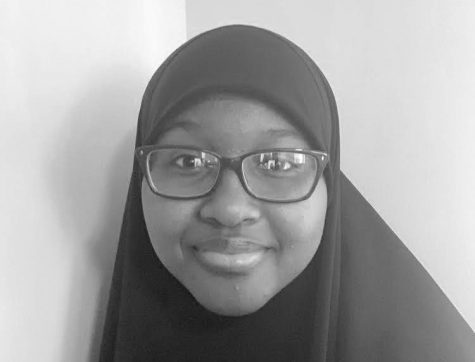
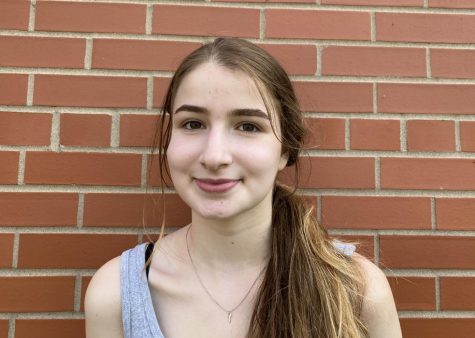
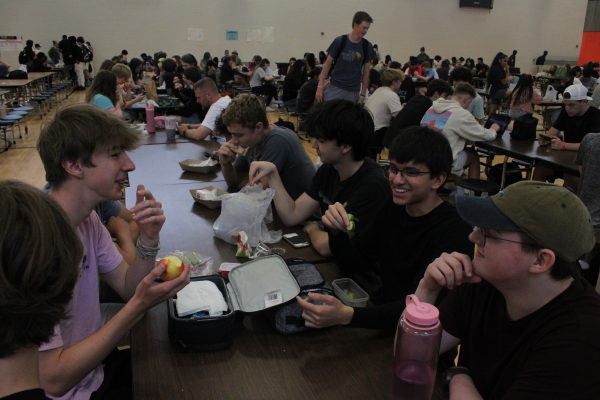
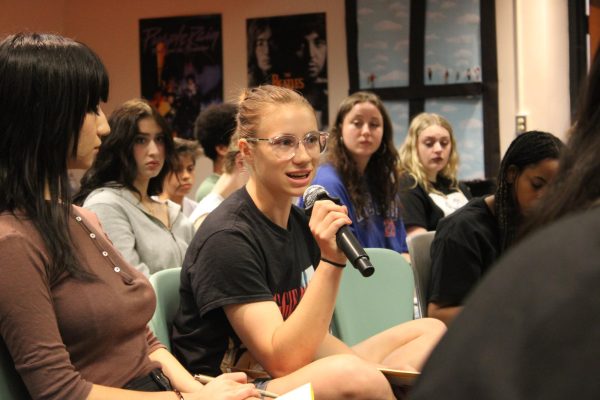
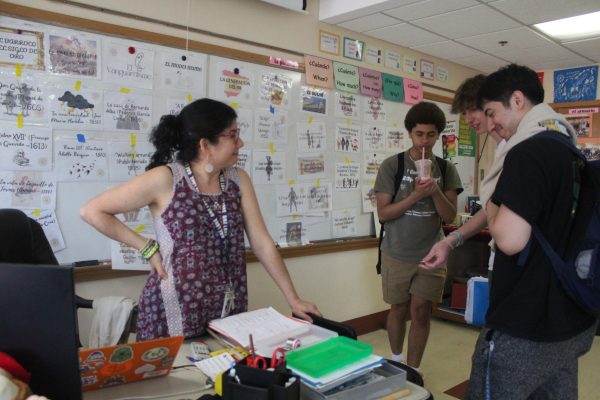

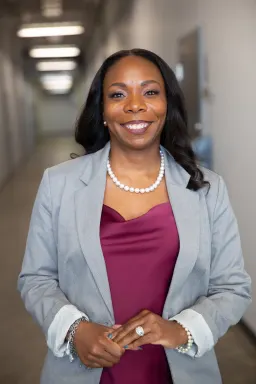
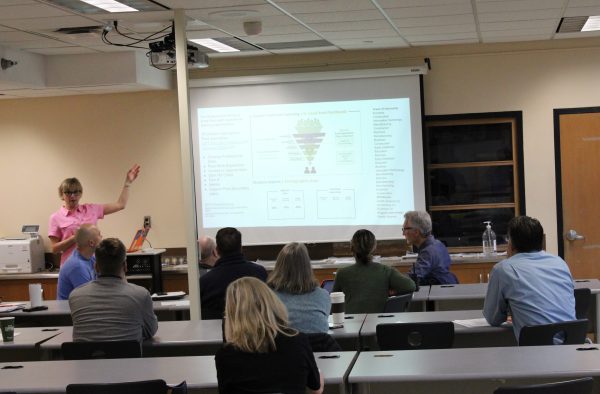
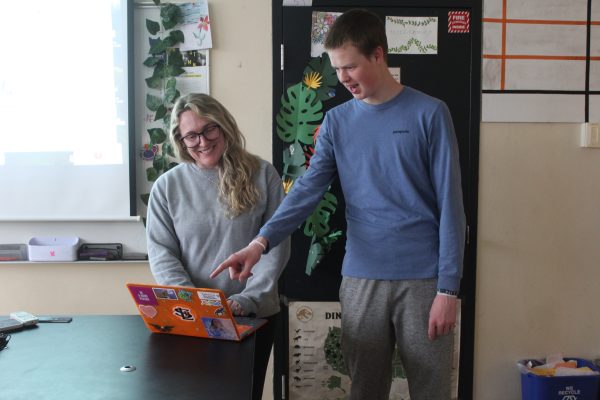
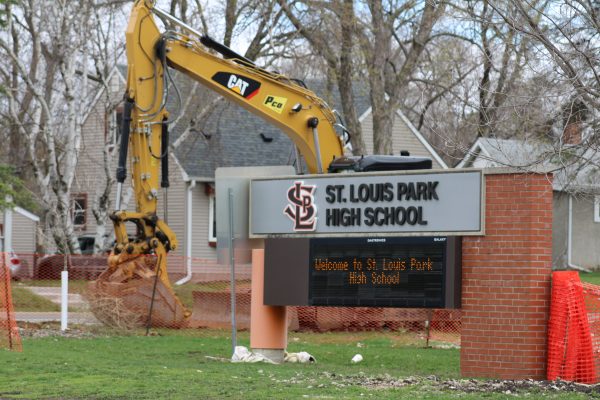
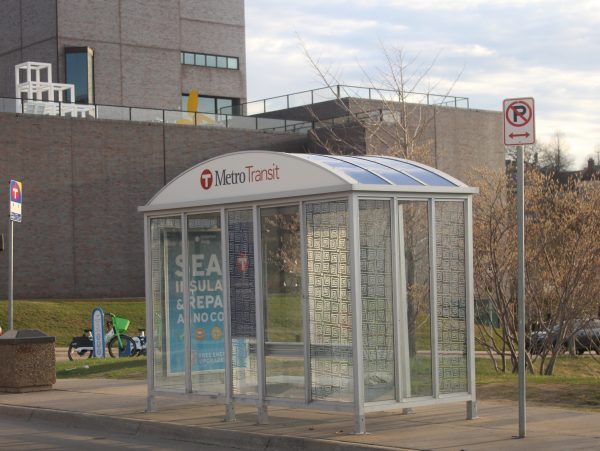

V Knapp • Nov 19, 2021 at 12:25 pm
My student previously attended a school that did this successfully; conferences were something I really looked forward to as a parent. The major difference is that the advisor (akin to Connections teacher) received narrative feedback from each of my student’s teachers so my student’s self assessments were keyed to external input as well. This format was used there starting in kindergarten, and it’s a ton of work for teachers but incredibly beneficial. Self reflection is a huge life skill.